The One Food programme at the World One Health Congress, South Africa
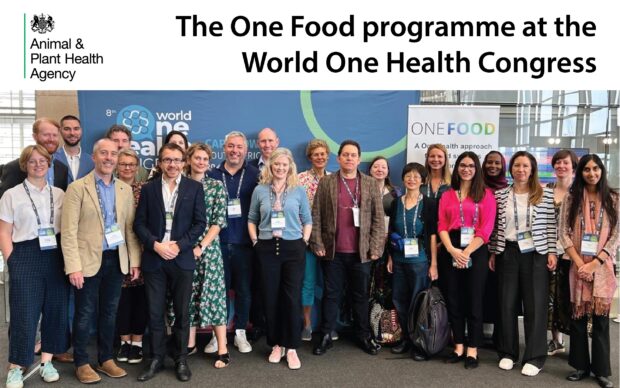
Celebrating World One Food Day, we are excited to share insights from APHA's attendance at the 8th World One Health Congress in Cape Town.

Dr Flavie Vial has been Lead Scientist for International Development at APHA since 2021. She joined the agency as a statistician in 2017, before holding the role of Lead Scientist for Wildlife. Prior to joining the Civil Service, she held various posts in academia in the UK and Switzerland and worked as a biostatistics consultant in Sweden.
She has built her scientific career around the effective collection, integration, and interpretation of data to support decision making and policy within academia, government and international agencies. In the last fifteen years, she has used modelling to provide intelligence on emerging issues in the environmental (impact of livestock production on biodiversity and ecosystem resilience) and veterinary public health (development of early-warning surveillance systems) sectors. She currently sits as a Hearing Expert on the European Food Safety Authority’s working group on early warning surveillance in the animal health domain.
Now leading the international scientific portfolio for APHA, she works with a wide range of stakeholders overseas, in particular in low- and middle-income countries, to strategically develop and strengthen veterinary and animal health diagnostics infrastructures and capabilities. The shared goal of reducing the risk of zoonotic pandemics and protecting human populations from food system failures as a result of animal and plant disease outbreaks gives her a great sense of purpose.

Celebrating World One Food Day, we are excited to share insights from APHA's attendance at the 8th World One Health Congress in Cape Town.
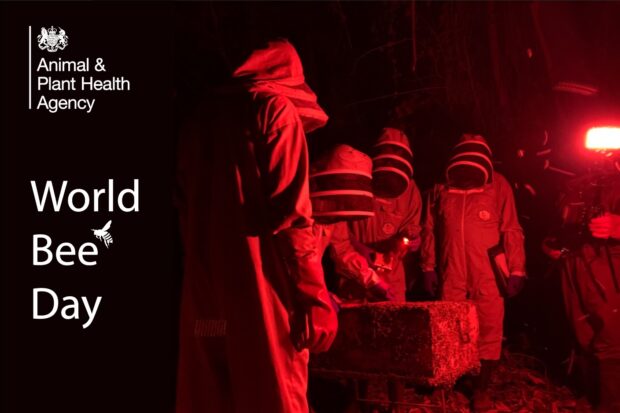
Learn more, this World Bee Day, about APHA’s work with authorities in Ghana to improve knowledge about honeybee health and husbandry.

International Day of Women and Girls in Science continues to raise awareness of the significant gender gap at all levels of science, technology, engineering, and mathematics (STEM). Read more from APHA's Dr Flavie Vial as she explains why gender matters in the animal health workforce in this interesting blog.

Cefas and APHA are leading on a new Defra-funded international programme re-defining how controlling hazards in food systems can positively impact biodiversity and improve their climate-efficiency.
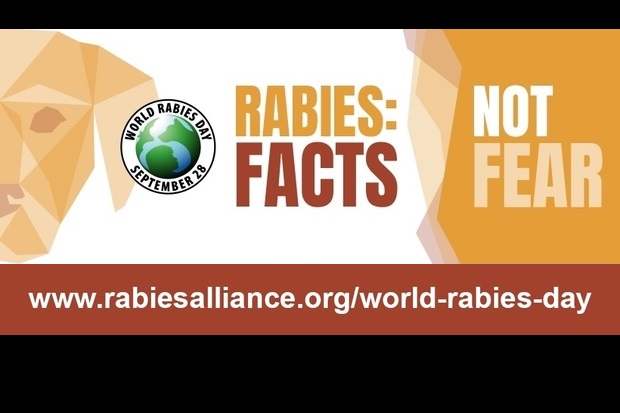
As a major disease threat to animal and human health, rabies is high on APHA’s agenda. Learn how we are actively involved in delivering exemplary global outreach programmes in countries where rabies is present, working towards global elimination of rabies deaths by 2030.
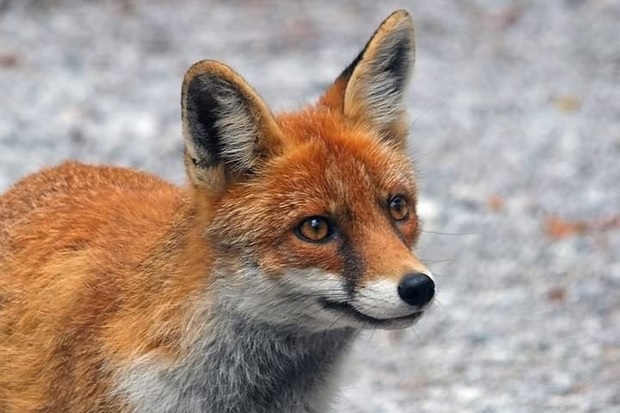
Continuing our One Health series and also marking World Wildlife Day, we hear from Flavie Vial, APHA’s Lead Scientist for Wildlife, as she highlights the great work her team are involved in to keep our wildlife flourishing whilst protecting against the spread of animal-human disease.
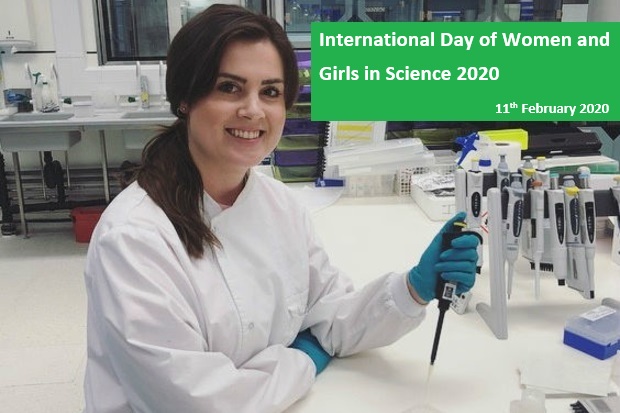
Tuesday 11 February 2020, marks the fifth International Day of Women and Girls in Science. In this blog, Flavie Vial, our Lead Scientist for Wildlife, explains more about the day and asks some of our female scientists to share their personal experiences and offer advice to school-aged girls interested in STEM careers.

A lot of great science is carried out on a daily basis at APHA and our scientists relish opportunities to demonstrate that science can be exciting and easy to understand. In this three minute read, find out how our scientists enjoyed showing children at the Countryside Days event at the Great Yorkshire Showground just how fun science can be.
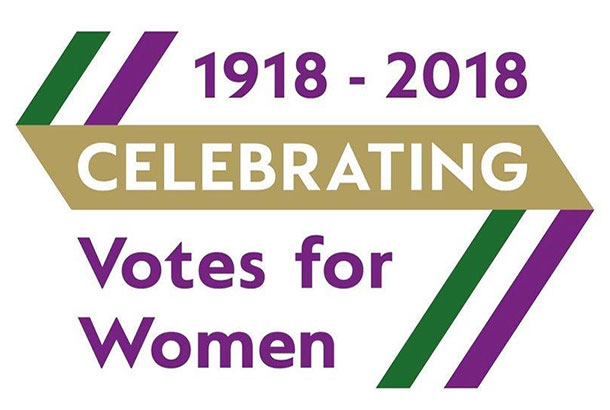
The Votes for Women series has now gone full circle. Our blog post sharing the achievements of female scientists at the National Wildlife Management Centre which kicked off our year-long celebration was published at the beginning of March, 100 years …

In the penultimate instalment of our Votes for Women series, we revisit the nineties and the noughties, a time when Girl Power fever hit the UK, inspired by the Spice Girls…or was it by our scientists?
Recent Comments